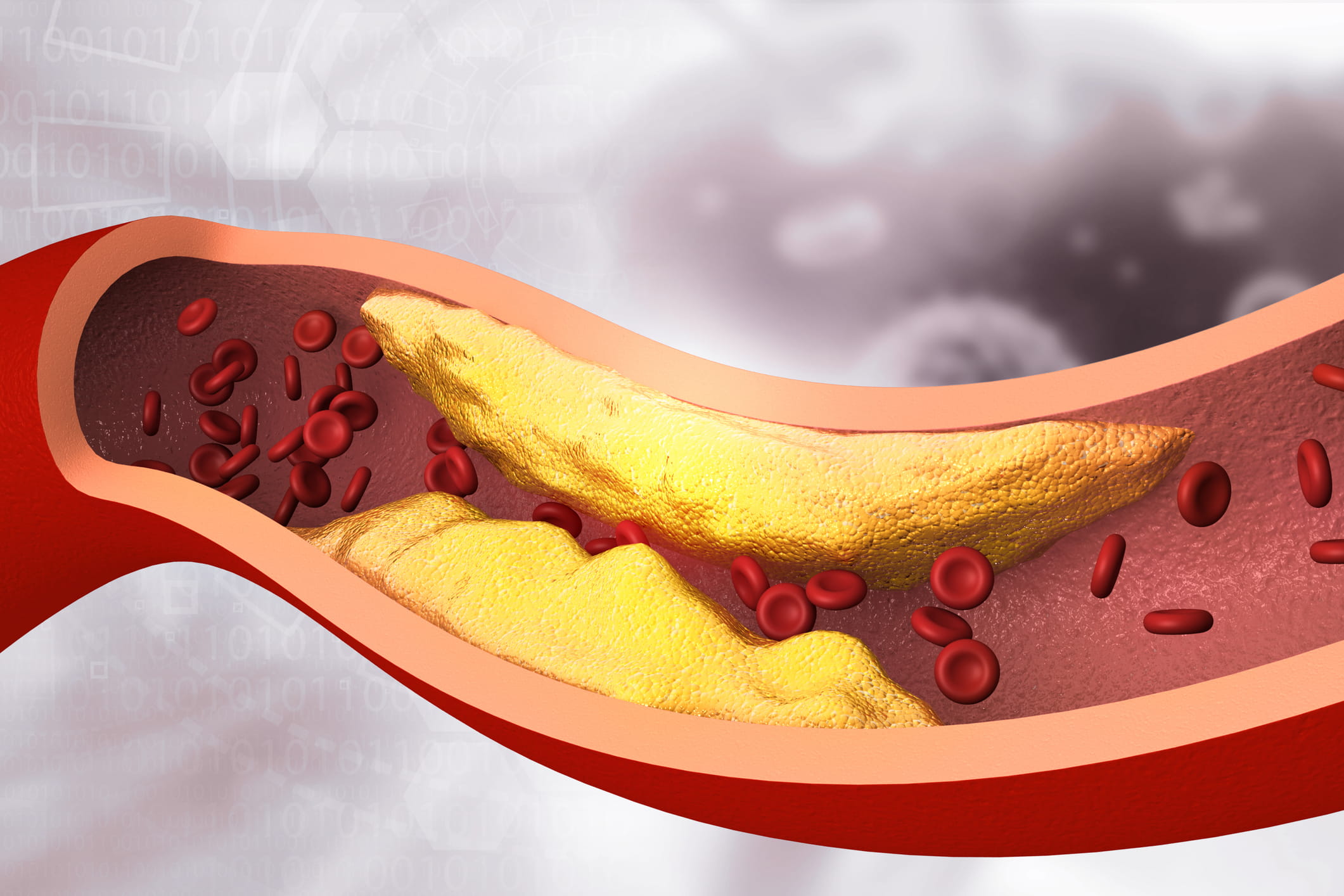Harish Jarrett MD
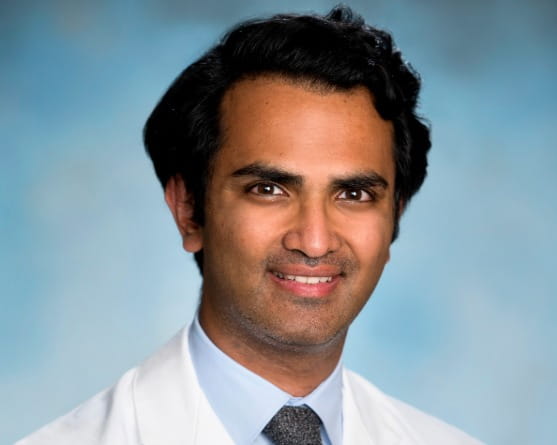
February is Heart Month: Protect your heart health
Celebrate Heart Month — February is a time to focus on your heart health. With the right tests, healthy habits and care you trust, many heart problems can be prevented or caught early, helping you stay active and well for years to come.
Your heart works hard every day. The good news? Simple tests and imaging can help catch cardiac issues before they become serious. Early detection gives you the power to act and stay healthier longer.
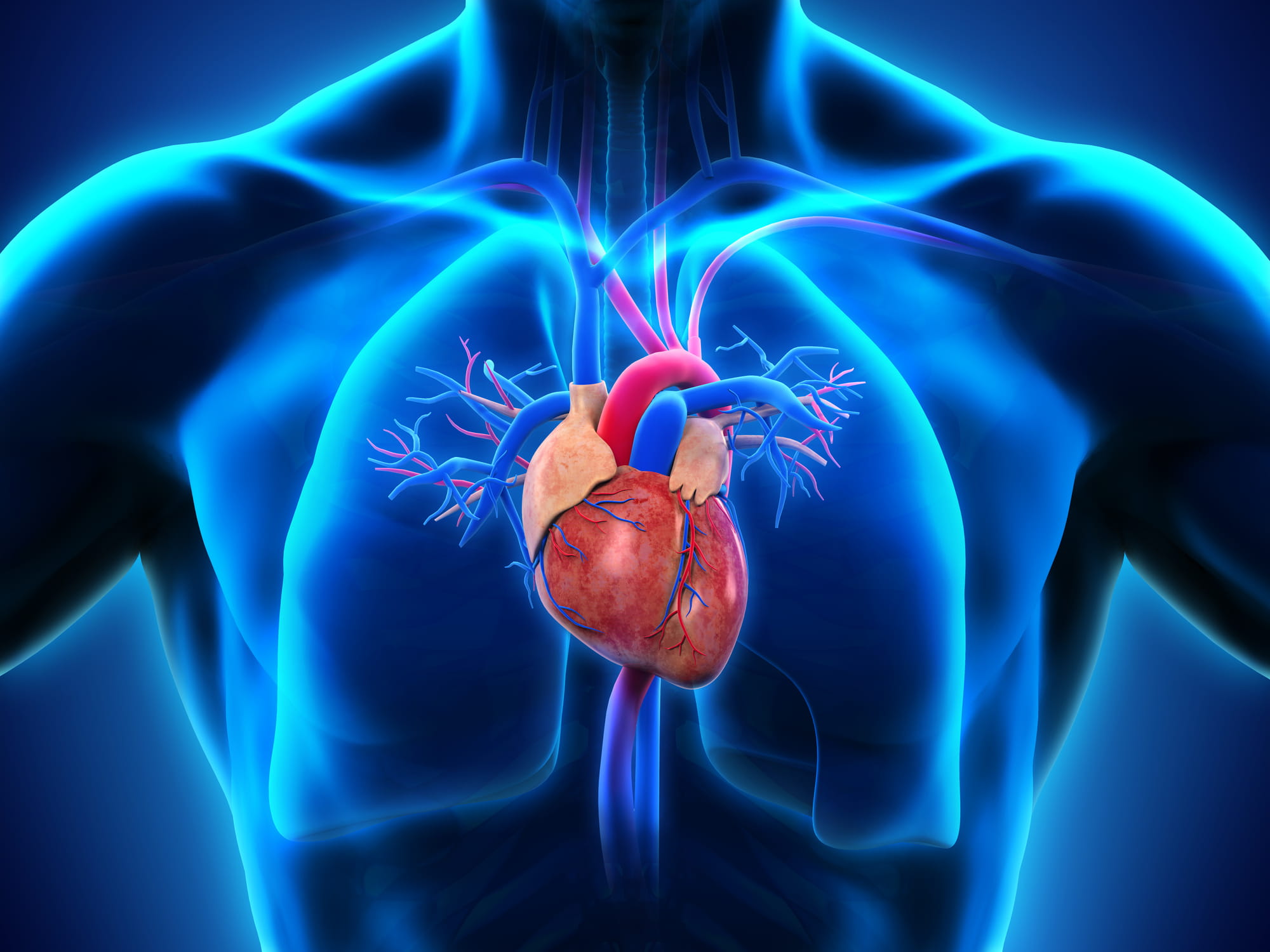
Heart disease often shows up slowly over time. You might not feel anything at first — but tests can still find trouble early. That means you and your doctor can take steps to keep heart disease from getting worse such as:
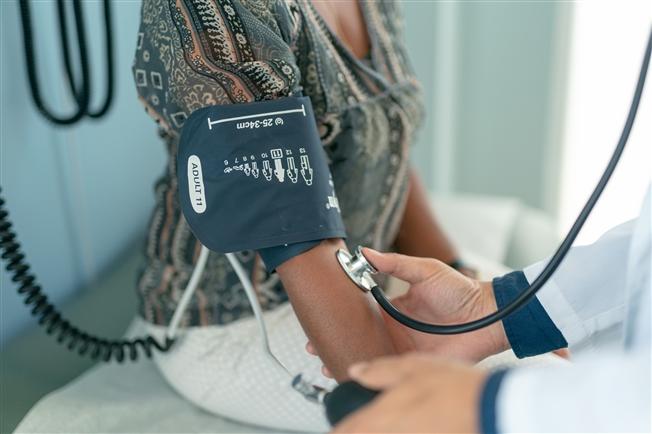
These are common tests your doctor may start with:
These give a great reference point to start with, even if you're feeling well and just want to stay ahead.
These advanced tools give a deeper picture of your heart's health:
Coronary calcium score is a quick computed tomography (CT) scan that measures calcium in your heart arteries.
Why it matters: Higher calcium often means higher risk for heart disease.
Coronary CT Angiography (CTA) is a detailed, non-invasive scan that shows plaque and blockages in the heart's blood vessels.
Why it matters: Detects narrowing arteries that could lead to heart attack. In some cases, CTA may be paired with HeartFlow® FFRct analysis.
HeartFlow FFRct Analysis uses advanced computer modeling to show how plaque may be affecting blood flow to the heart without an invasive procedure.
Why it matters: Helps doctors decide the best next steps and may reduce the need for unnecessary testing.
Echocardiography (Echo) is a more detailed ultrasound to assess heart function.
Why it matters: Finds subtle changes in heart pumping or valves.
Cardiac magnetic resonance imaging (MRI) is non-radiation imaging that maps heart muscle and tissue.
Why it matters: Reveals inflammation or scarring.
Cardiac Positron Emission Tomography Computed Tomography (PET CT) shows how well blood flows to your heart.
Why it matters: Detects early blood flow problems.

Testing isn’t just about the numbers — it helps your heart doctor shape a plan for you that may include:

This February, make your heart a priority. Talk with your doctor about your risk, ask about heart imaging options and schedule the right tests for you. Small steps today can lead to better heart health tomorrow.
Simple first steps:
✔ Know your numbers: blood pressure (BP), cholesterol, body mass index (BMI) and blood sugar
✔ Stay active most days of the week
✔ Eat more heart-healthy foods
✔ Quit smoking or vaping

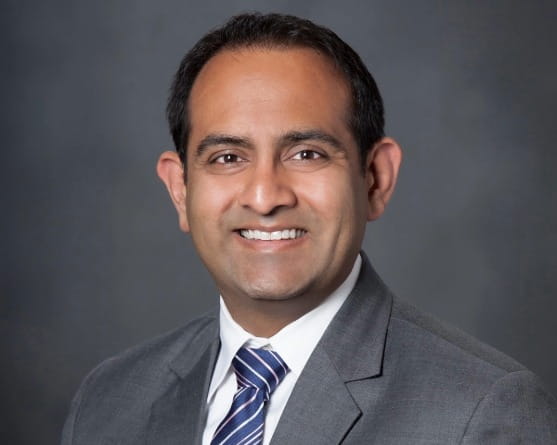
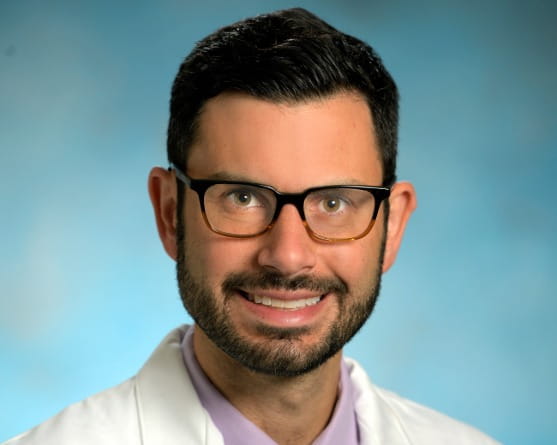
Heart disease claims the lives of one in every five individuals. And because it can affect people of every age, race and socioeconomic class, preventative screenings are key.

Heart disease is the leading cause of death in the United States. Learn how controlling your lipids can be the key to helping lower your risk of heart diseases.

Your blood pressure and cholesterol numbers may seem confusing, but they’re an important part of your health. Here’s what to know about these numbers.

A coronary artery calcium screening can help you determine whether or not there are blockages in your heart that you should worry about. But is it right for you?
